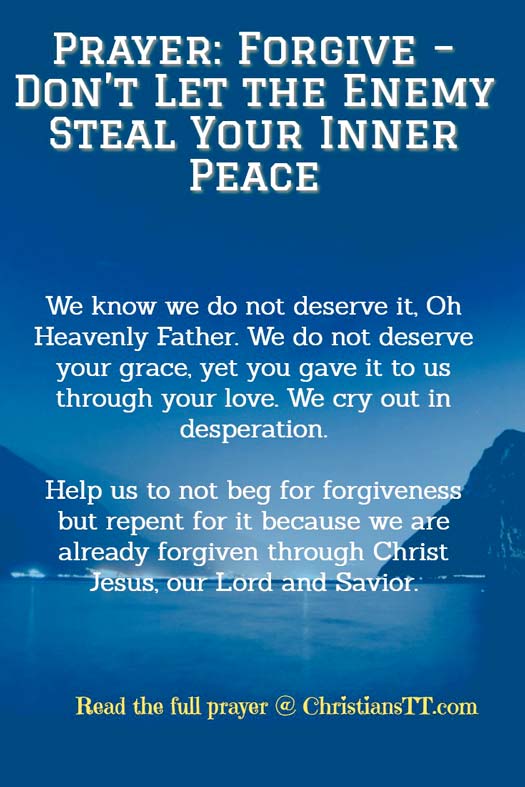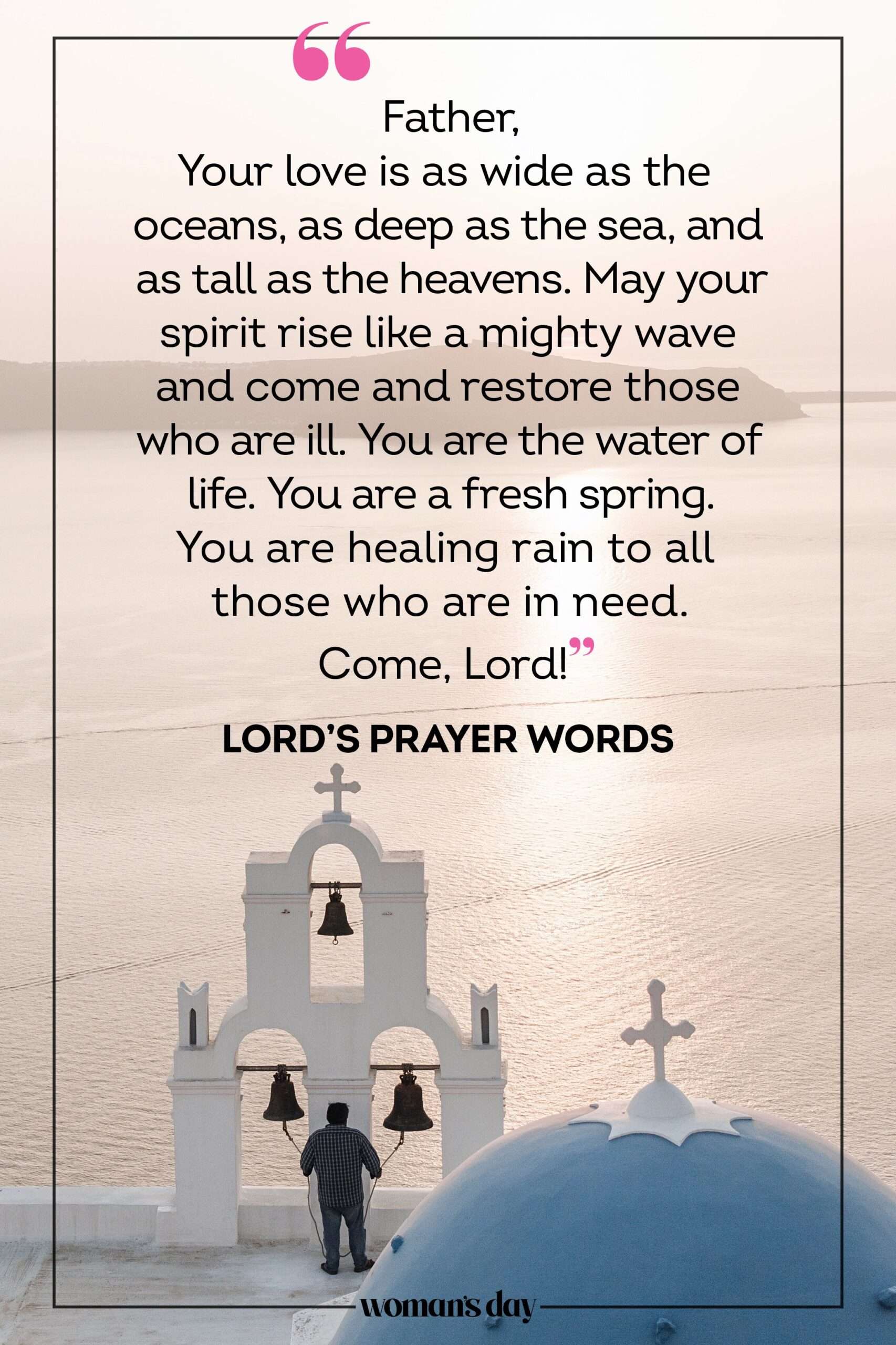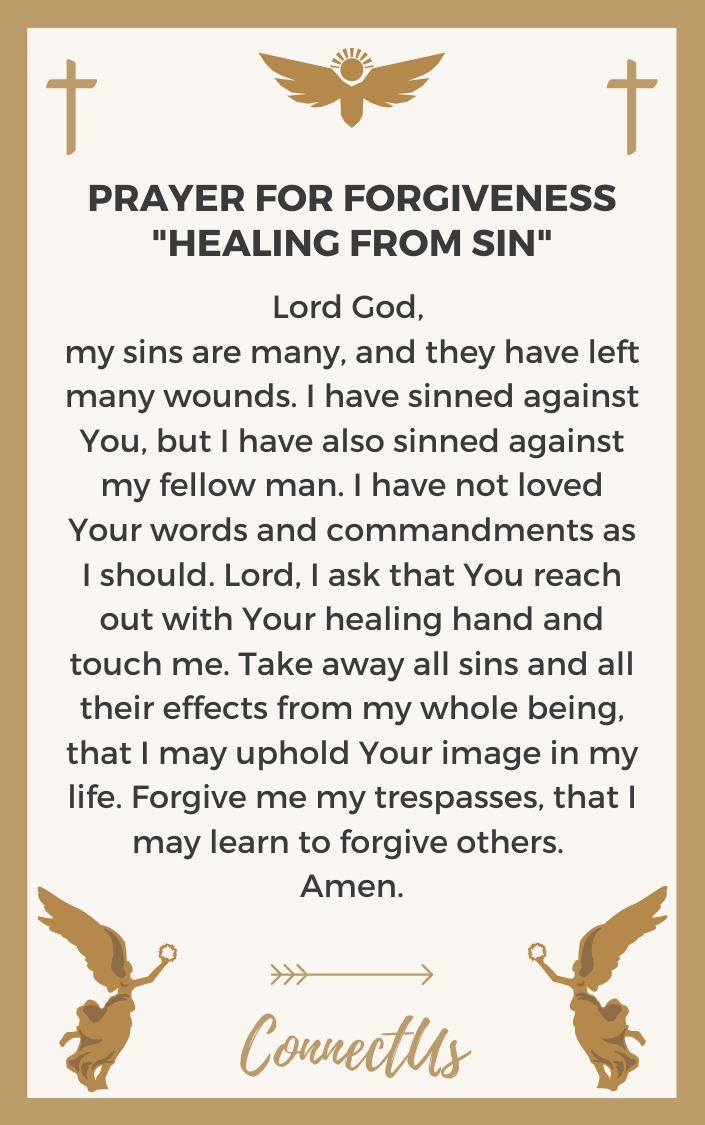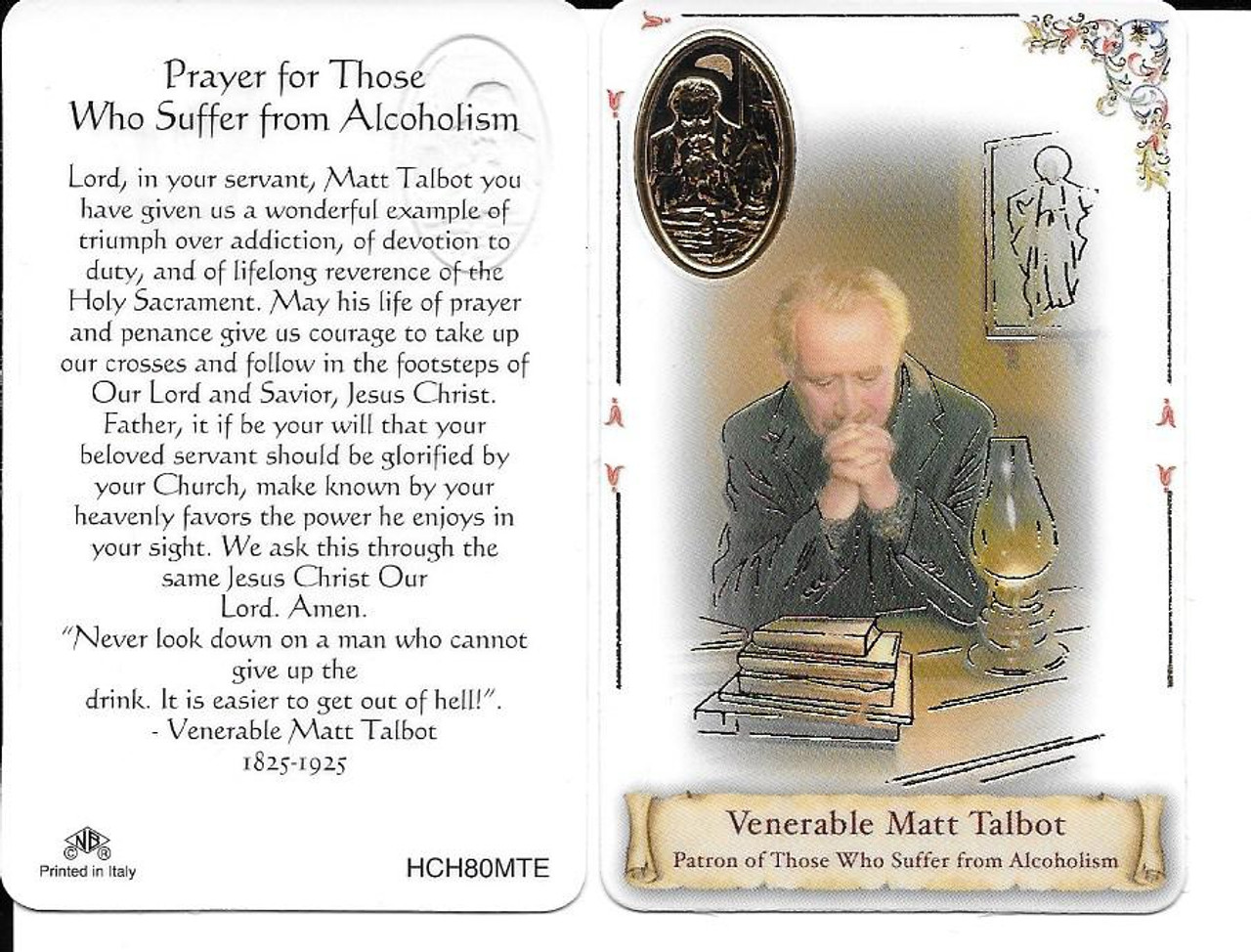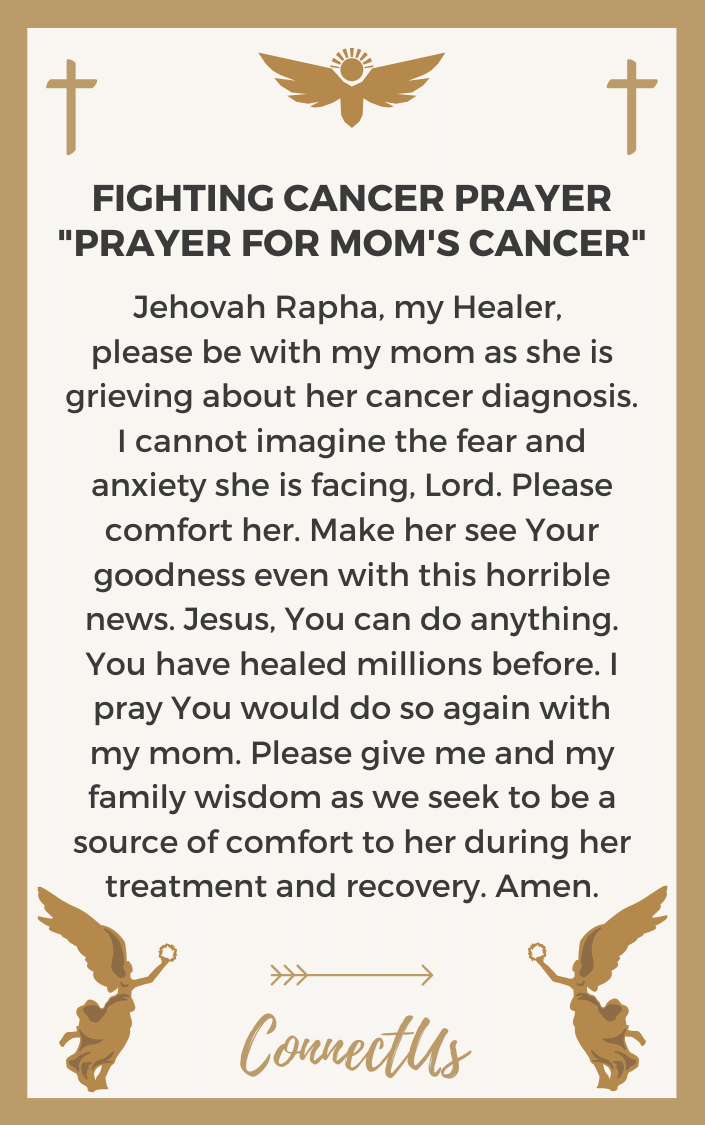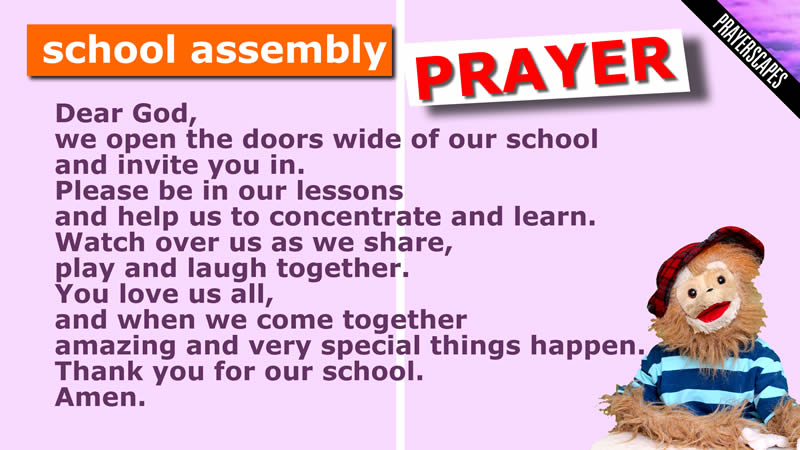We all experience challenges and difficulties in our lives. We may feel overwhelmed and discouraged, as if there is no way out. But there is always a way out – if we are willing to look for it. The path to peace and forgiveness may be difficult, but it is also the most rewarding journey we can take. In this article, we will explore some ways to help us find peace and forgiveness in our lives, by engaging in prayerful meditation and contemplation.
Prayer for Peace
Prayer for peace is a powerful tool that can be used to promote positive change in the world. It can help us to connect with ourselves and our deepest desires, and it can help us to connect with others. Prayer can also provide comfort and support during difficult times.
One of the most important benefits of prayer is its ability to change our perspective. When we pray for peace, we open ourselves up to the possibility that things might not always go according to plan, but we trust that Divine Providence will guide us through whatever challenges come our way. This opens us up to possibilities that we may otherwise ignore or dismiss.
When we pray for peace, we also ask for forgiveness. We admit our mistakes and pledge not to repeat them. This helps us to move forward in a more positive way, knowing that we have taken steps toward healing and reconciliation.
Prayer is an incredibly powerful tool, and it can be used to promote positive change in the world.
Prayer for Forgiveness
Dear God,
We come to You in repentance and ask for forgiveness. We know that we have done things that we regret and that we need to make amends for. We ask for Your help in doing so and for peace in our lives.
Thank You for hearing our prayers and for granting us Your forgiveness. Help us to continue to seek You out and to live according to Your ways. In Jesus’ name, amen.
Prayer for peace
When it comes to prayer, many people believe that there is no one right way to do it. What works for one person may not work for another. However, one thing that is generally agreed upon is the importance of prayer. Prayer can be used to ask for things like peace, strength, and guidance.
There are many different ways to pray, and each person should find a way that works best for them. One popular way to pray is called “the rosary”. The rosary consists of prayers divided into five sections called “Mysteries”. Each mystery is based on a story from the Bible and is prayed over several times during the day.
Prayer can also be used to apologize for sins or ask for forgiveness. Many people believe that if we pray sincerely and with humility, God will hear our prayers and grant us what we need. Prayer can be a powerful tool for healing our soul and mind, as well as our body.
Prayer for forgiveness
When it comes to prayer, often times people think that only religious rituals need to be done in order for their prayers to be heard. However, this is not always the case.
Praying for forgiveness can be a powerful way to help heal oneself and others. Forgiveness is an essential ingredient in peace-building, and it’s something that can be difficult to obtain. However, by practicing forgiveness we can create a space of healing and compassion in our lives.
Here are some tips on how to pray for forgiveness:
1. Begin by saying or thinking out loud to yourself the words “Forgive me” or another similar phrase. Write these words down if you find it helpful. This can be a way of centering yourself before you begin your prayer.
2. Spend some time reflecting on the person or thing that you need to forgive. What was the cause of the hurt? Was it intentional or unintentional? Once you have identified the source of your anger, it will be easier to let go of it.
3. Picture yourself as that person or thing, and imagine what they may have been feeling at the time of the offense. Imagine how they may have been feeling during and
Prayer for strength
When we are faced with difficult times, it can be tempting to withdraw from the world and pray for peace and forgiveness. But prayer isn’t only about feeling good; it can also be a powerful tool for strength. Here are four ways to get the most out of prayer:
1) Identify your goals.
What do you want to gain from prayer? For some people, gaining peace of mind is a top priority. Others may seek strength in facing hardships head-on. Set specific goals for what you hope to gain from prayer and work towards them one step at a time.
2) Find a quiet place.
It’s natural to feel anxious and overwhelmed when facing challenges, but practicing mindfulness can help decrease stress levels. Find a quiet place where you won’t be disturbed and dedicate yourself fully to praying.
3) Speak words of encouragement.
Prayer can inspire others, too! When you start praying, think about what words of encouragement you would like to say to God or whoever you’re praying with. Encourage them along their journey, offer thanks for blessings they may not even know they have, and ask for guidance in times of need.
4) Connect with others.
Prayer for guidance
Prayer can provide guidance in times of crisis. Whether you are facing a personal challenge or are watching the news with concern, prayer can be a powerful tool for meditation and reflection.
Think about what you need to hear from God in this moment, and offer up your prayers. From peace and calm to wisdom and strength, let go of any doubts or fears, and allow God’s guidance to fill your heart.
Allow yourself to be open to His will for your life, and know that He is always with you.
Prayer is perhaps the most powerful tool we have in our arsenal when it comes to achieving peace and forgiveness. When we pray, we open ourselves up to the possibility that there are other people out there who feel as we do, with all of the anger, hurt, and confusion that those emotions can produce. In doing so, we create a space where compassion can grow – compassion for ourselves, compassion for others, and finally reconciliation.
